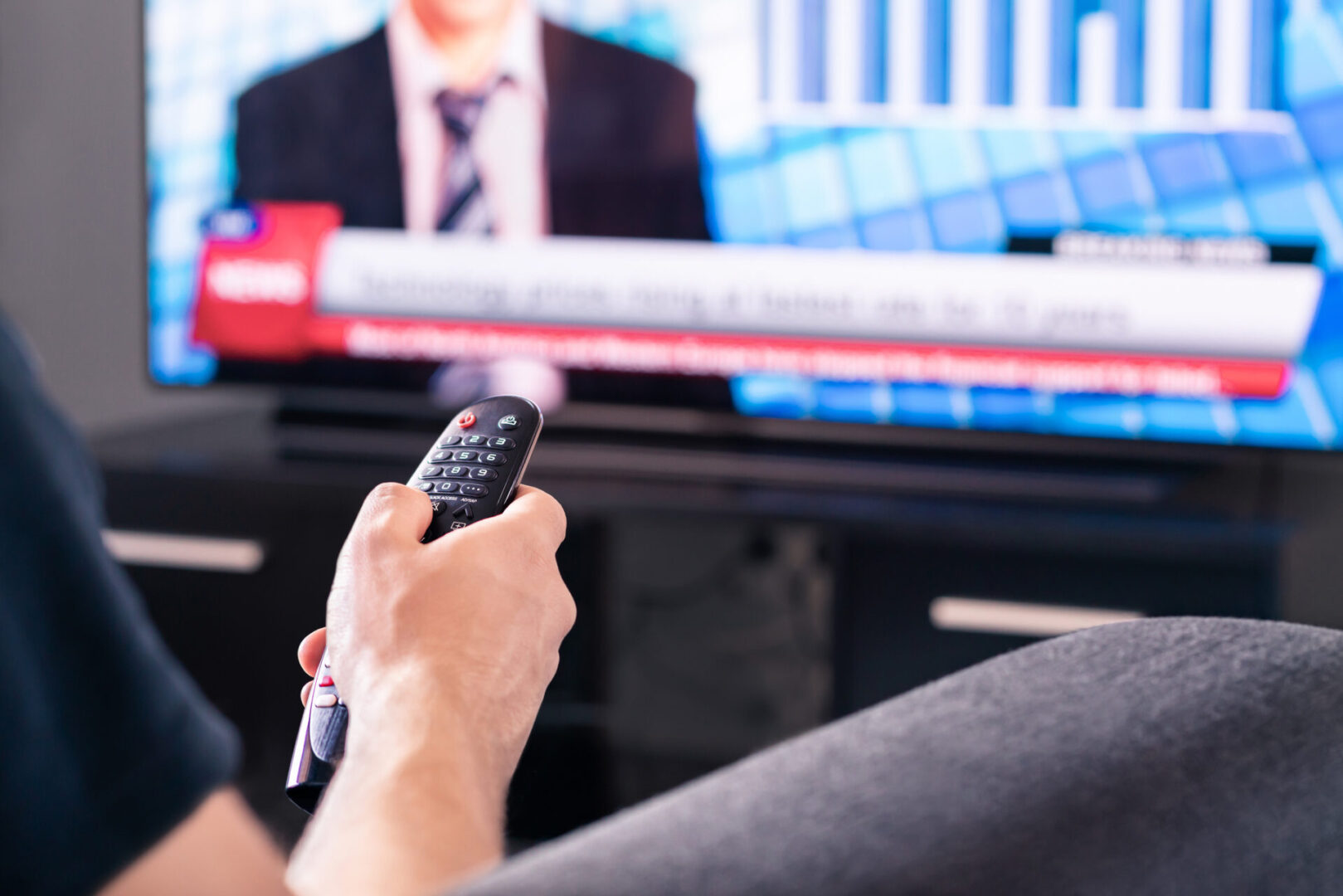Happy anniversary, dear reader. My first column on these pages was published 10 years ago on July 1, 2014, and in the decade since then, I’ve covered many different topics, offered up a little of my personal for-what-its-worth wisdom, and opened up a can of proverbial worms on more than one occasion. An every-other-Tuesday reading extravaganza, as it were.
As I look back over those columns, it seems the times I’ve written about our cars – zipper-merging while driving, and car inspections – created the most interest. Which makes a bit of sense as daily driving is not only a great commonality among many of us in Happy Valley, but something that can cause its fair share of angst on our local roads.
That’s especially the case in a town which regularly hosts visitors who have never been here before. Turning left from the right lane, stopping in mid-block for no apparent reason, going the wrong way on a one-way street, and driving 5 mph while looking for an on-street parking spot are all regular occurrences I see happening as I drive around the area.
But back to my writing… I will offer a bit of personal insight here; that is, if it hasn’t been abundantly clear by my writing over the years. The insight is that I am not trained as a journalist or writer. I famously flunked my 12th grade honors English class in high school, and passed off a picture of the Superdome as a thousand-word research paper. You know the saying: A picture is worth a thousand words! I did take a journalism ethics course at Penn State back in the early 1980s, but other than the class having been held in Willard Building, I can recall nothing from it.
Yet, as I mentioned initially, over the years on these pages I have opened a can of worms or two in an effort to shine a light on things that just don’t seem right. Having lived in Florida early in my career – back when a daily newspaper was a real thing – Carl Hiaasen was a well-known columnist for the Miami Herald for 35 years.
In Hiaasen’s last column on March 15, 2021, he provided a warning about the disintegrating state of local journalism in America and its oversight of government by writing, “Retail corruption is now a breeze, since newspapers and other media can no longer afford enough reporters to cover all the key government meetings… You wake up one day, and they’re bulldozing 20 acres of pines at the end of your block to put up a [supermarket]. Your kids ask what’s going on, and you can’t tell them because you don’t have a clue.”
Although I don’t hold a candle to the bright light that Carl Hiaasen brought to journalism and writing, the sentiment is valid across the country, even here in good old Happy Valley. And it’s valid on the national stage as well.
Which is why, as we hurtle towards the Republican National Convention next week, the Democratic National Convention next month and the potential for a presidential election where both candidates have already been president, I want to revisit some thoughts from a column I wrote just less than four years ago. A column about media literacy.
Media literacy is, “the ability or skills to critically analyze for accuracy, credibility, or evidence of bias the content created and consumed in various media, including radio and television, the internet, and social media.” In short, to realize that you can’t believe everything you read, see or hear, and to be able to tell the difference.
Although this need for media literacy may seem like something that is only relevant in this day and age due to the many forms of media, the philosopher Jean-Jacques Rousseau wrote back in the 1700’s that:
“People who know little are usually great talkers, while men who know much say little. It is plain that an ignorant person thinks everything he does know important, and he tells it to everybody. But a well-educated man is not so ready to display his learning; he would have too much to say, and he sees that there is much more to be said, so he holds his peace.”
Meaning, not being able to believe everything you read, see or hear has been a thing for centuries – and likely millennia (were cave-drawings accurate?!).
As it is, we are already being bombarded daily in the media with the upcoming elections, and I imagine that bombardment will only intensify as November gets closer. And possibly even after November. As you are exposed to those thousands upon thousands of media messages, I urge you to think about media literacy and consider what you are reading, seeing and hearing. Is it accurate? Is it credible? Is it unbiased?
Because if you can’t answer a definitive yes to each one of those questions, then it’s certainly possible you’re reading, seeing or hearing something you shouldn’t believe.



